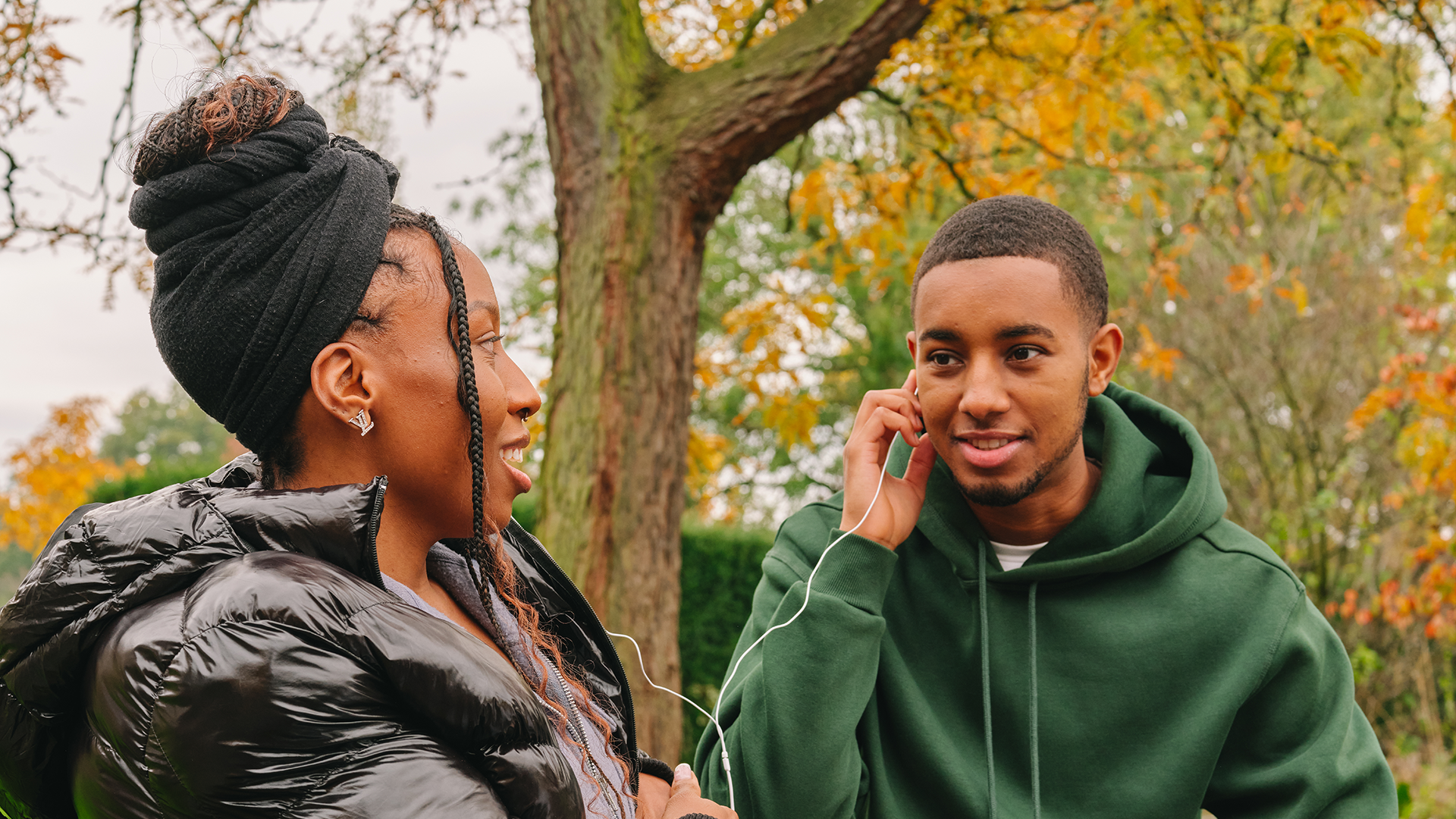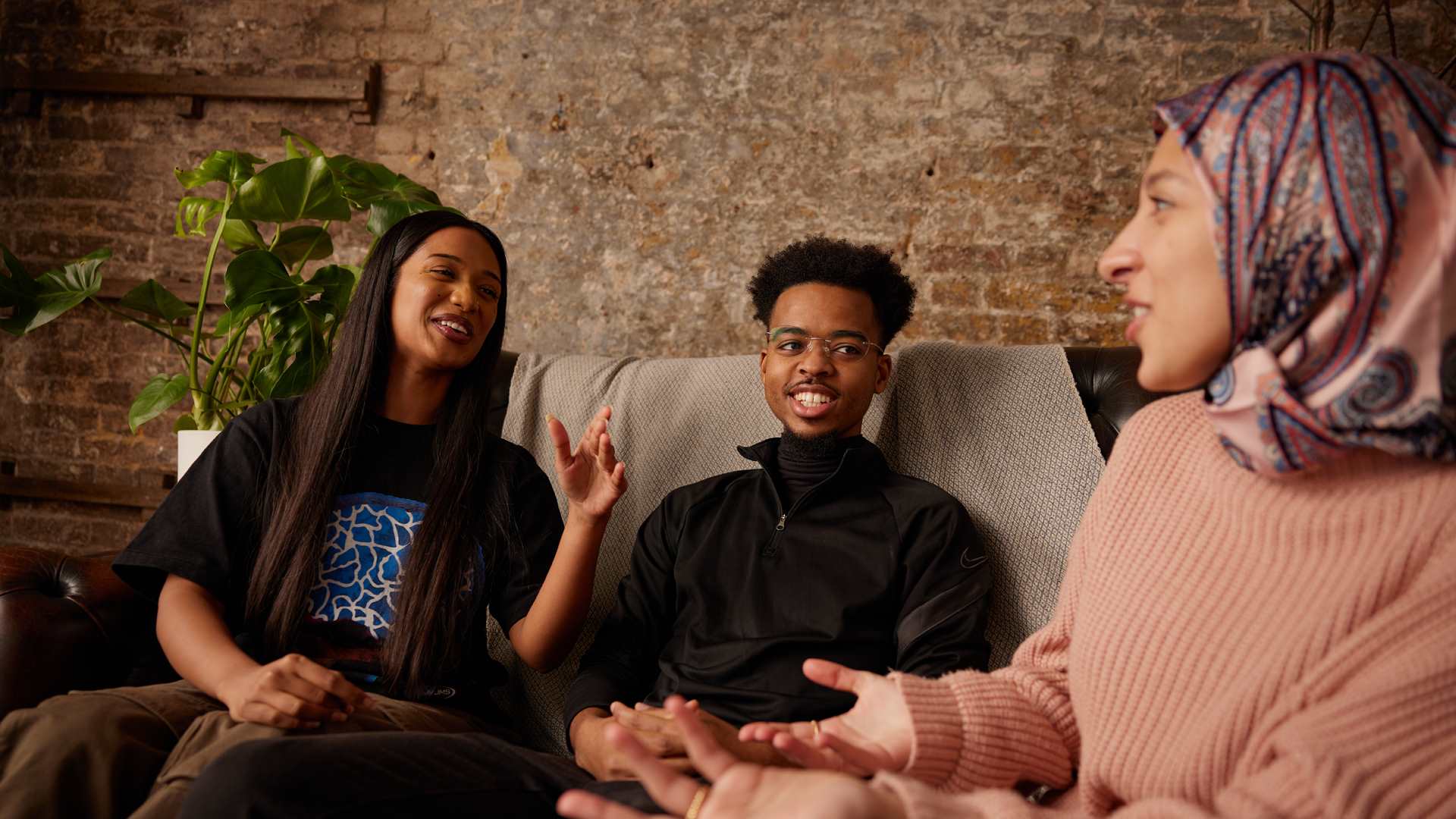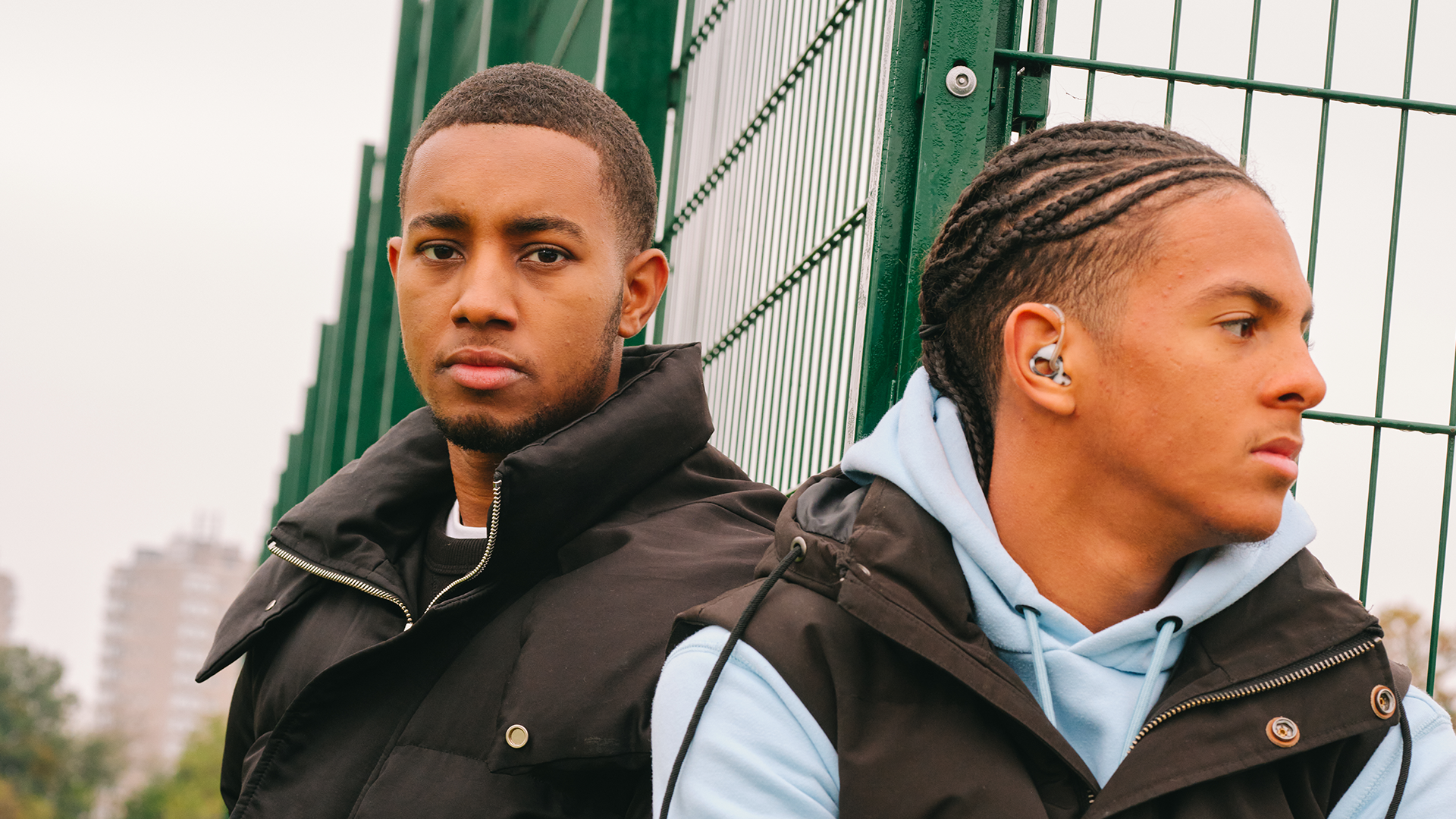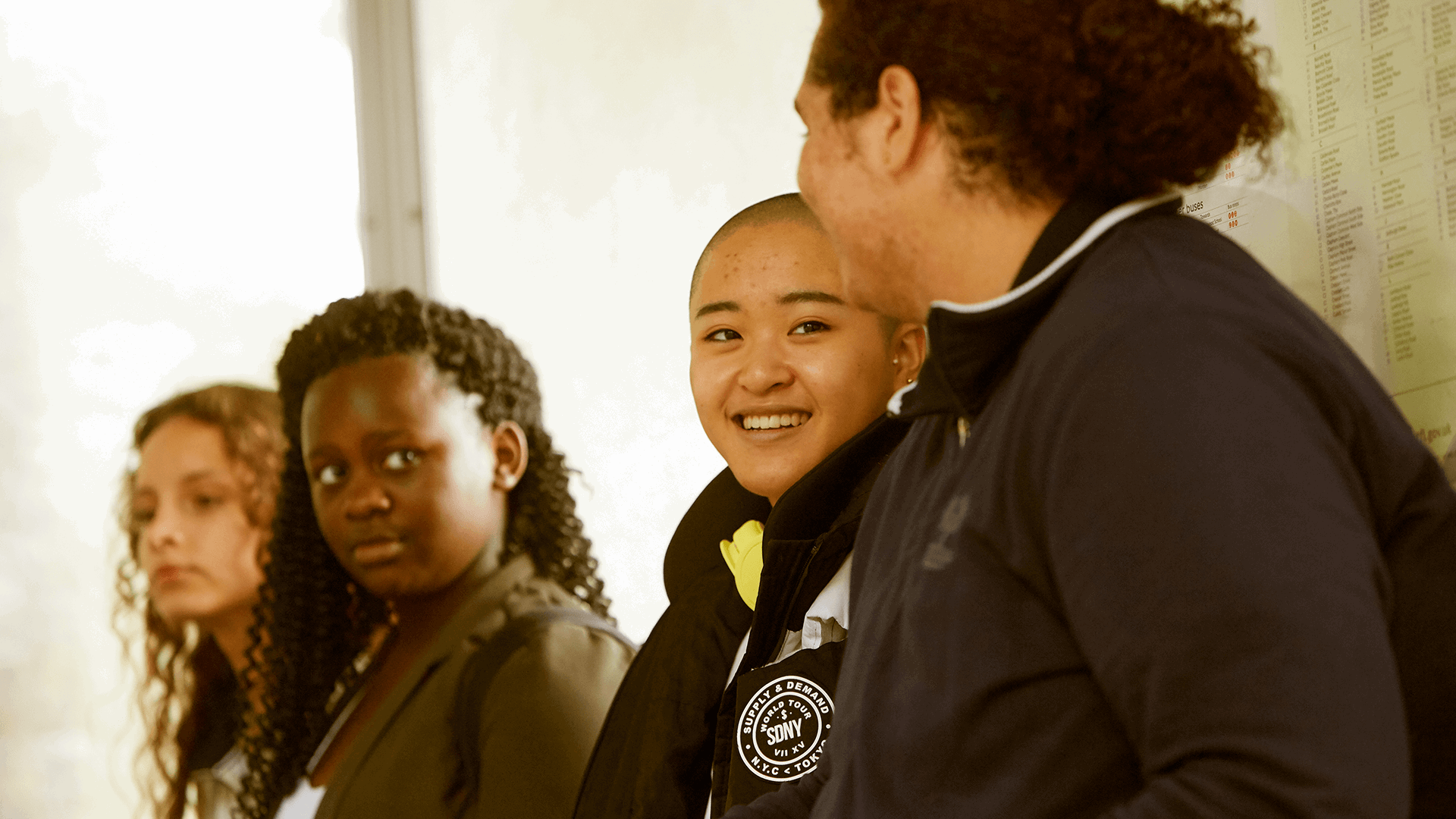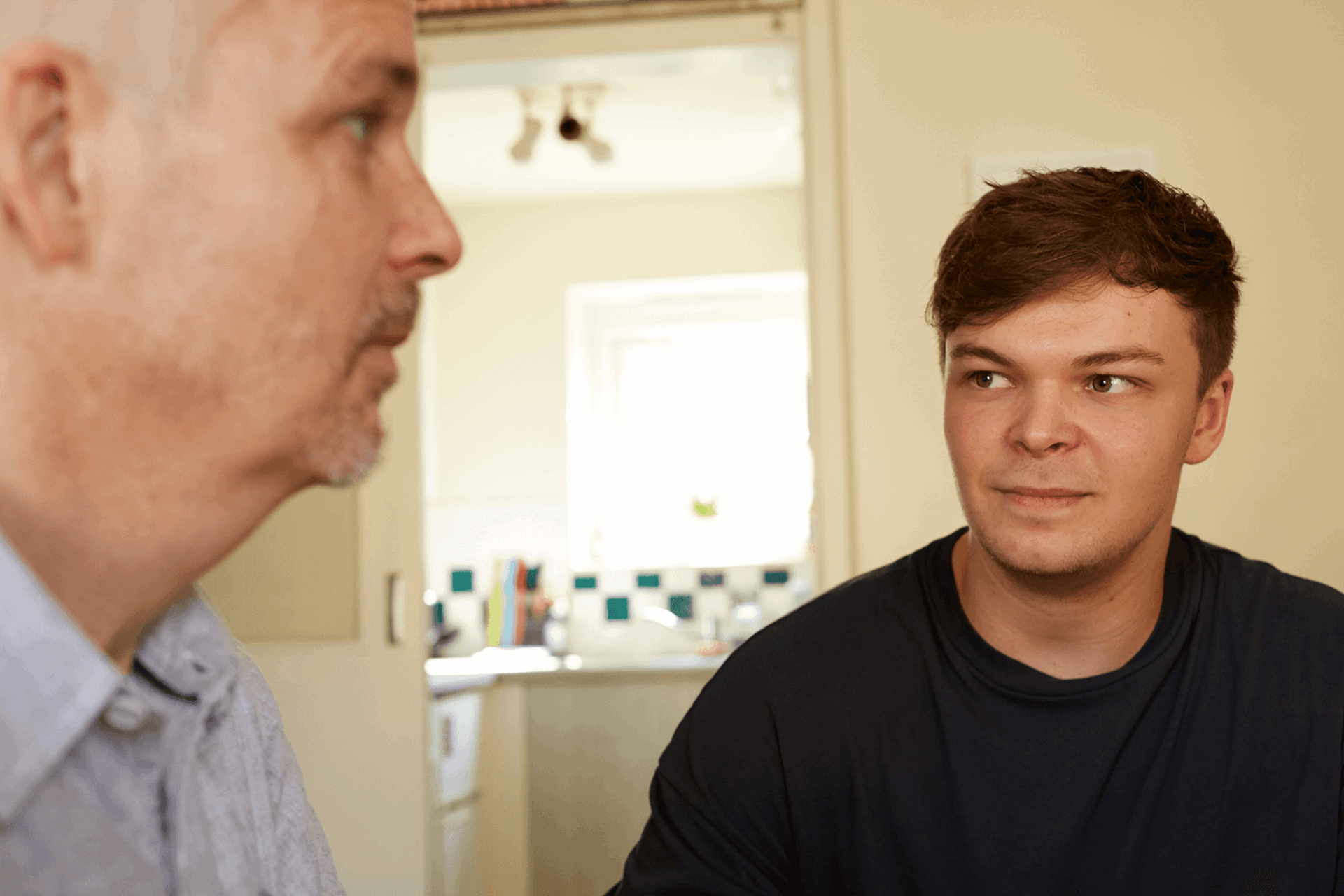Grieving a friend
-
Grieving the loss of a friend who has died is incredibly tough. It’s important to allow yourself to feel and process those emotions. If you need support, reaching out to someone you trust can help, and there are things you can do to help you through this difficult time. It’s okay to take your time to grieve. Everyone’s journey is different. If you need help with managing grief and loss, we have advice in our guide.
